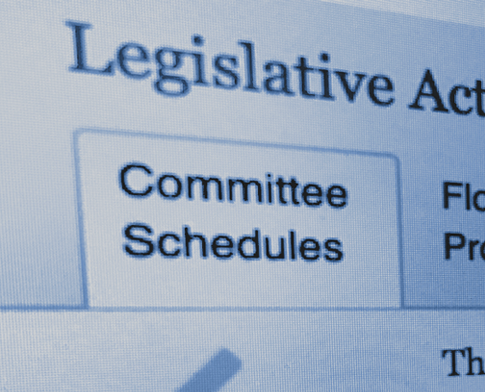Tax Update (August 3rd)
Regulation Watch
We are hearing that GILTI will probably be pushed back until September/October and BEAT will be reviewed towards the end of the year. These regulations will be in proposed form, thus there will be a notice and comment period. In order to make the regulations retroactive they will need to be finalized in 18 months. That timeline puts finalization at the end of June 2019. If it takes longer for the proposed regulations to come out, the comment period may be compressed.
Chip Harter, Treasury Deputy Assistant Secretary on Tax Policy, told the BRT this week:
End of August/Early September – GILTI
- Will focus on the basic computation issues, i.e. the “plumbing and wiring of the computation”
- Will include guidance in the case of intervening partnerships
- Will discuss how deductions are computed
End of August/Beginning of September
- Will discuss international implications (presumably whether it applies between CFCs)
End of September/Mid-October – FTC
- Will undergo a thorough rewrite of 1.904-6 to update for the new “4 basket world”
- Will “touch on some allocation rules but not all of them.”
End of October/Early November – BEAT Regulations
- When asked whether the regulations will clearly address the SCM, Chip responded that Treasury has concluded there is considerable ambiguity in the statute and have received mixed messages from the Hill. They will do what they can within their authority
End of November – FDI/Hybrid
- Will be defending the regime in October’s Forum on Harmful Tax Practices for the Organization for Economic Cooperation and Development
- Regulations could contain anti-abuse rule that any income benefited by regime has to involve substantial activities by a U.S. person. Chip did not think this would affect any U.S. taxpayers taking the deduction and would support claims that it is not a patent box regime.
OECD
House and Senate GOP tax writers are urging President Donald Trump to nominate a new ambassador to the OECD. They believe the ambassador will combat European efforts to impose a new digital tax on primarily U.S. tech companies and protect the Tax Cuts and Jobs Act. All but two Senate Finance Republicans wrote to Trump, “Unfortunately, our pro-growth reforms could be perceived as a threat to the European Union,” and that the U.S. needed a “strong and powerful voice defending the United States and U.S. based companies at the OECD”.
Americans for Tax Reform came out with an op-ed supporting the idea and you can read the article here.
Jobs Impact of the TCJA
This week, the Tax Foundation released projections of the long-term effect the TCJA will have on the number of new jobs in each state throughout the entire federal budget window. They concluded the legislation will increase long-run GDP, raise wages and create more jobs. The analysis stated the country should expect to see growth in full-time equivalent jobs between 2018-2025. By then, the legislation will have created 1.44 million new jobs, but that would decrease to 1.22 million by 2027. In the long run, the Foundation predicts the TCJA will create an additional 339,000 jobs, but state that making the individual income tax provisions permanent would increase this number further.
The Foundation has further broken down these estimates for individual state projections through the federal budget window. You and read and use the interactive map here.
HOUSE.GOV
The Week Ahead
For the main events of the next week and more, go straight to the key events on the house.gov website.
SENATE.GOV
The Week Ahead
For the main events of the next week and more, go straight to the key events on the senate.gov website.


